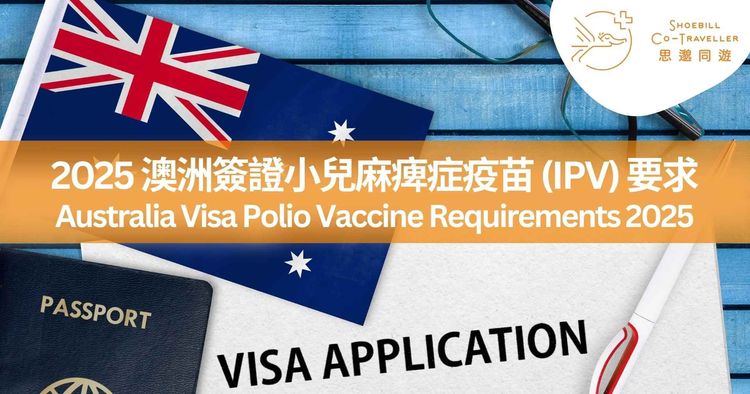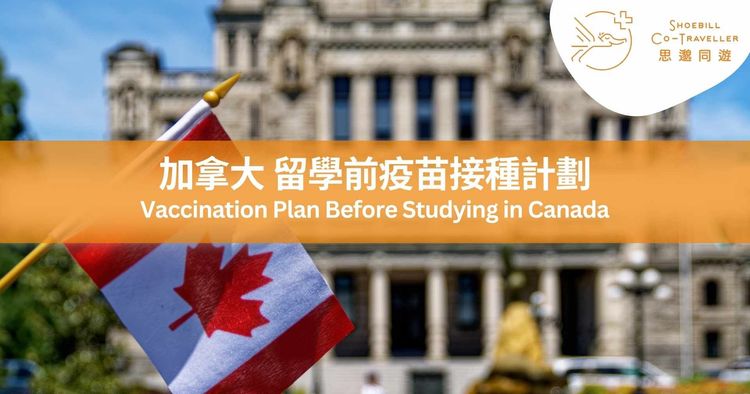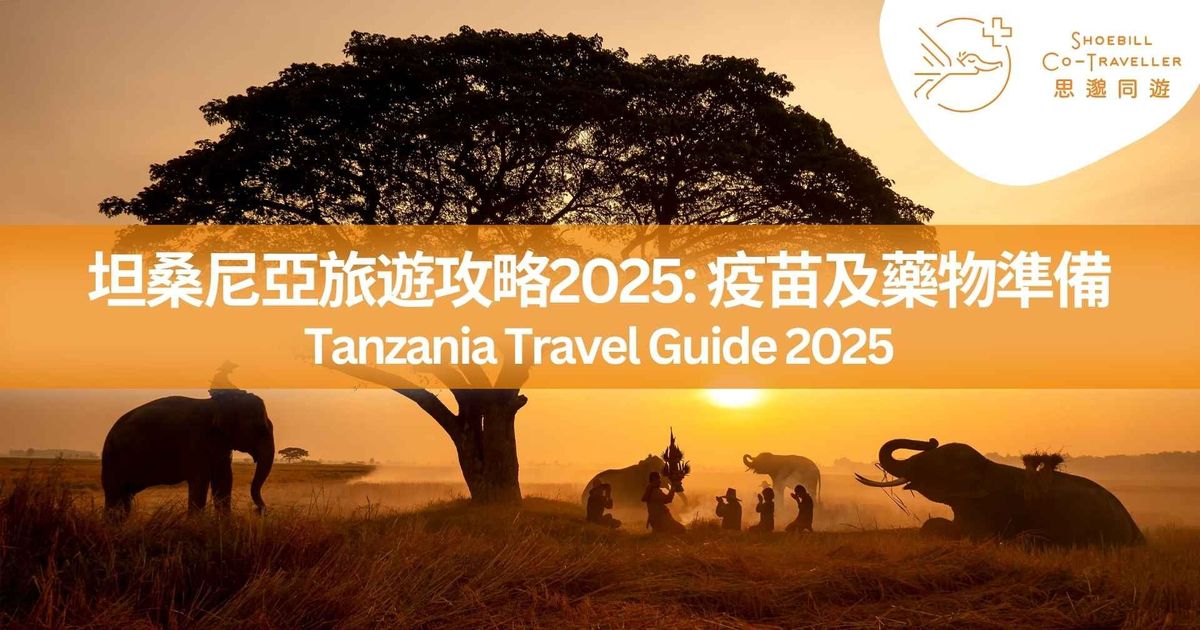
The golden season to explore Tanzania is from June to October during the dry season, perfect for wildlife viewing. The highlight is witnessing the Animal Migration in Serengeti National Park (July-September), where millions of wildebeest and zebras cross the Mara River.
In addition to the spectacular wildlife migration, Tanzania is home to two other remarkable natural attractions: Mount Kilimanjaro, which stands as Africa's tallest mountain at 5,895 meters, and Zanzibar Island with its breathtaking white sand beaches. Visitors considering the climb up Kilimanjaro should take precautions against altitude sickness given the mountain's extreme elevation.
Health preparation is just as crucial as itinerary planning—most of Tanzania is a high-risk malaria zone. Below, we cover vaccines, malaria prevention, and essential health tips for a safe journey.
Travel Documents Checklist
Before traveling to Tanzania, ensure your:
✔ Passport is valid for at least 6 months beyond your entry date
✔ Passport has at least one blank page
Renew your passport early if expiry or space is an issue.
Essential Routine Vaccines
Ensure you’re up to date with:
- Chickenpox (Varicella)
- Tetanus-Diphtheria-Pertussis (Tdap)
- Seasonal Flu (Influenza)
- Measles-Mumps-Rubella (MMR)
- Polio
- Shingles (Herpes Zoster)
Tanzania-Specific Recommended Vaccines
1. Hepatitis A
Hepatitis A is primarily transmitted through contaminated food and water, especially from street vendors and small eateries.
2. Typhoid Fever
Typhoid fever is caused by the bacterium Salmonella typhi, typically transmitted through contaminated food or water. Symptoms include high fever and abdominal pain, and severe cases can lead to intestinal bleeding or perforation. Especially recommended for travellers planning to visit small towns or rural areas.
3. Rabies
Rabies is transmitted through bites or scratches from infected animals, such as dogs, bats, and monkeys. Since emergency rabies prophylaxis isn’t widely available, pre-exposure vaccination is critical. Rabies is nearly 100% fatal once symptoms appear. Pre-exposure vaccination is critically important for travellers.
4. Yellow Fever
We often get asked about whether vaccinations are needed for Tanzania travel, particularly if the yellow fever vaccine is required. The U.S. Centers for Disease Control and Prevention (CDC), generally does not recommend yellow fever vaccination as a routine requirement for travel to Tanzania, as the World Health Organization (WHO) confirms the country is not classified as a yellow fever transmission risk area. According to the local health department's online announcement in November 2023, proof of yellow fever vaccination is not required for entry into the country. However, travellers should note that if their itinerary includes transit through airports located in yellow fever risk countries (e.g. Addis Ababa in Ethiopia), they may need to present valid yellow fever vaccination certificates, which become effective 10 days after administration. For current country-specific yellow fever vaccination requirements, please refer to the official WHO website. Yellow fever vaccination is ONLY available in Travel Health Service of Department of Health in Hong Kong. Please arrange early vaccination with the department to prepare for your journey.
Vaccination Schedule Recommendations
Travellers planning to visit Tanzania should consult a professional travel health clinic for personalized advice. Vaccines require time to build immunity, so early planning is essential. Here are some vaccination recommendations:
- Hepatitis A vaccine: Requires two doses, with the second dose administered 6-12 months after the first. Completion of both doses provides long-term protection.
- Typhoid vaccine: A single dose provides protection for 2-3 years.
- Rabies vaccine: Two doses are needed, given at 0 and 7 days.
These are just basic recommendations. For specific vaccination needs, it is best to visit a travel health clinic to assess your itinerary, potential risks, and personal health condition. Additionally, it is advisable to schedule vaccinations at least 6 weeks before departure to ensure your body has enough time to produce antibodies.
Malaria Prevention
Malaria is a deadly but preventable disease transmitted through mosquito bites. In Tanzania, malaria risk exists year-round in all regions below 1,800m elevation - which includes most popular safari destinations like Serengeti, Zanzibar, and Dar es Salaam.
CDC-Recommended Dual Protection Strategy: Chemoprophylaxis + Mosquito Bite Prevention
1. Antimalarial Medication (Chemoprophylaxis)
Must start BEFORE exposure:
| Medication | Frequency | Start Time | Post-Trip Duration | Notes |
|---|---|---|---|---|
| Atovaquone-Proguanil, Malarone® | Daily | 1-2 days before | 7 days after | Fewest side effects |
| Doxycycline | Daily | 1-2 days before | 28 days after | Avoid sun exposure |
| Mefloquine, Lariam® | Weekly | 2-3 weeks before | 28 days after | Not Suitable For: People with epilepsy, psychiatric conditions |
For more information about antimalarials, please read Travel Health Guide: Malaria Prevention Made Simple
2. Mosquito Bite Prevention
- Use DEET/Picaridin repellent (reapply as directed).
- Wear long sleeves/pants (light colors).
- Sleep under mosquito nets or in air-conditioned rooms.
Avoid contaminated water
When traveling in Tanzania, it's crucial to be aware of two common waterborne diseases: Leptospirosis, which spreads through contaminated freshwater or animal urine, and Schistosomiasis, which is contracted through contact with infected freshwater sources. Simple preventive measures include: drinking only bottled or boiled water, and avoiding swimming or wading in freshwater bodies. While there are no vaccines available for these diseases, these basic precautions can significantly reduce your risk of infection.
Kilimanjaro Climb: Altitude Sickness Prep

Acclimatization is key:
- Ascend slowly
- Stay hydrated; avoid alcohol
- Consider Diamox (acetazolamide) for prevention
Gear Essentials:
- Layered cold-weather clothing
- Sturdy hiking boots
- High-SPF sunscreen
For an in-depth guide on AMS, check out our dedicated article.
Why Choose Our Travel Health Clinic?
Our clinic specializes in travel health services, offering expert vaccination advice and administration:
- Comprehensive Vaccine Options
- Professional Medical Consultation: As Hong Kong's first private travel health center, our healthcare team holds international travel medicine certifications and offers personalized advice based on your itinerary and health status.
- Convenient Appointment System: Enjoy transparent pricing and online booking services to save you time.
Planning a trip to Tanzania? Ensure your health protection in advance for a safe and enjoyable journey! Schedule your appointment with us today to ensure you are well-prepared for a healthy journey!
📌 More Travel Health Resources:

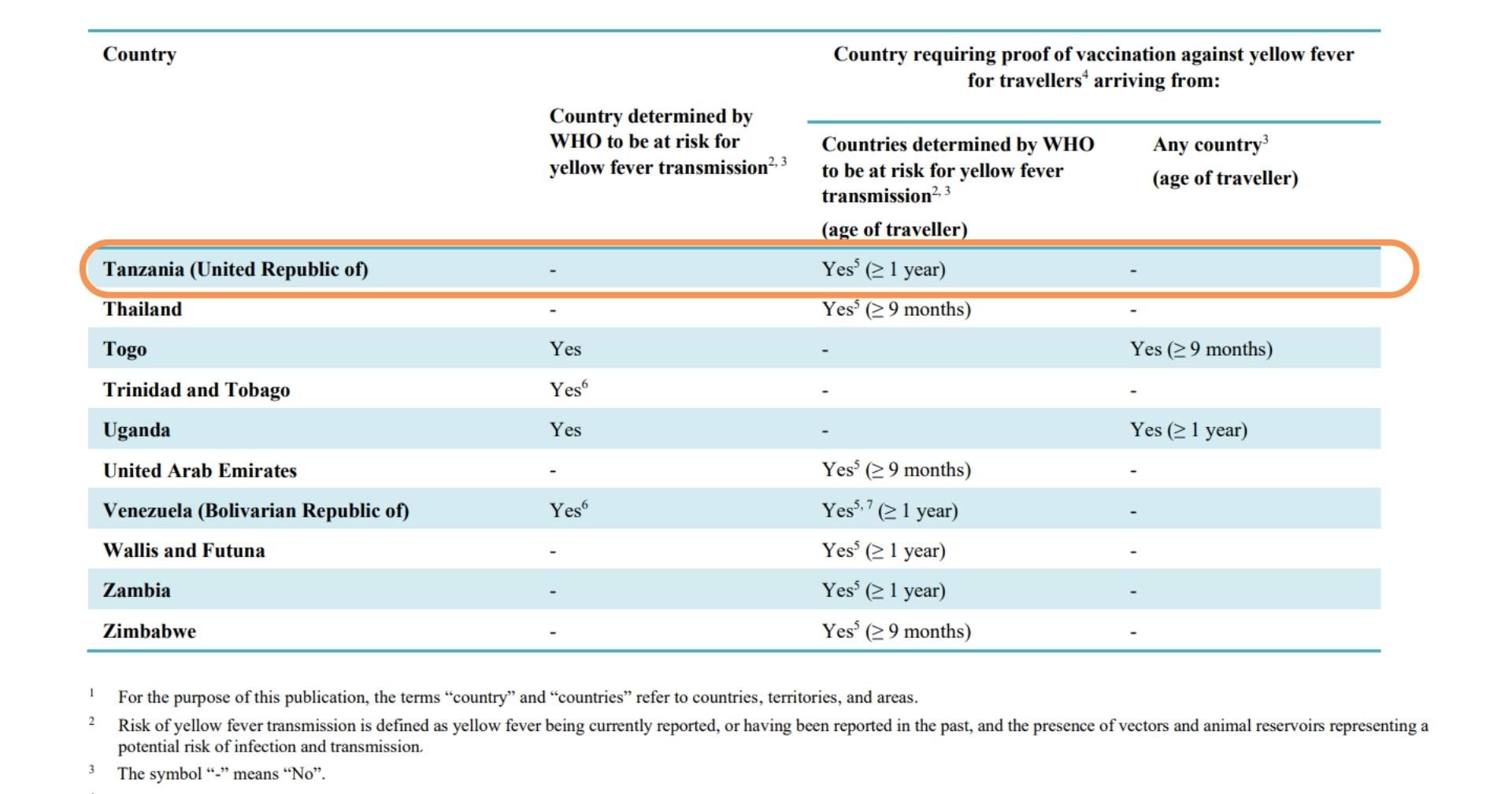 Source:
Source: 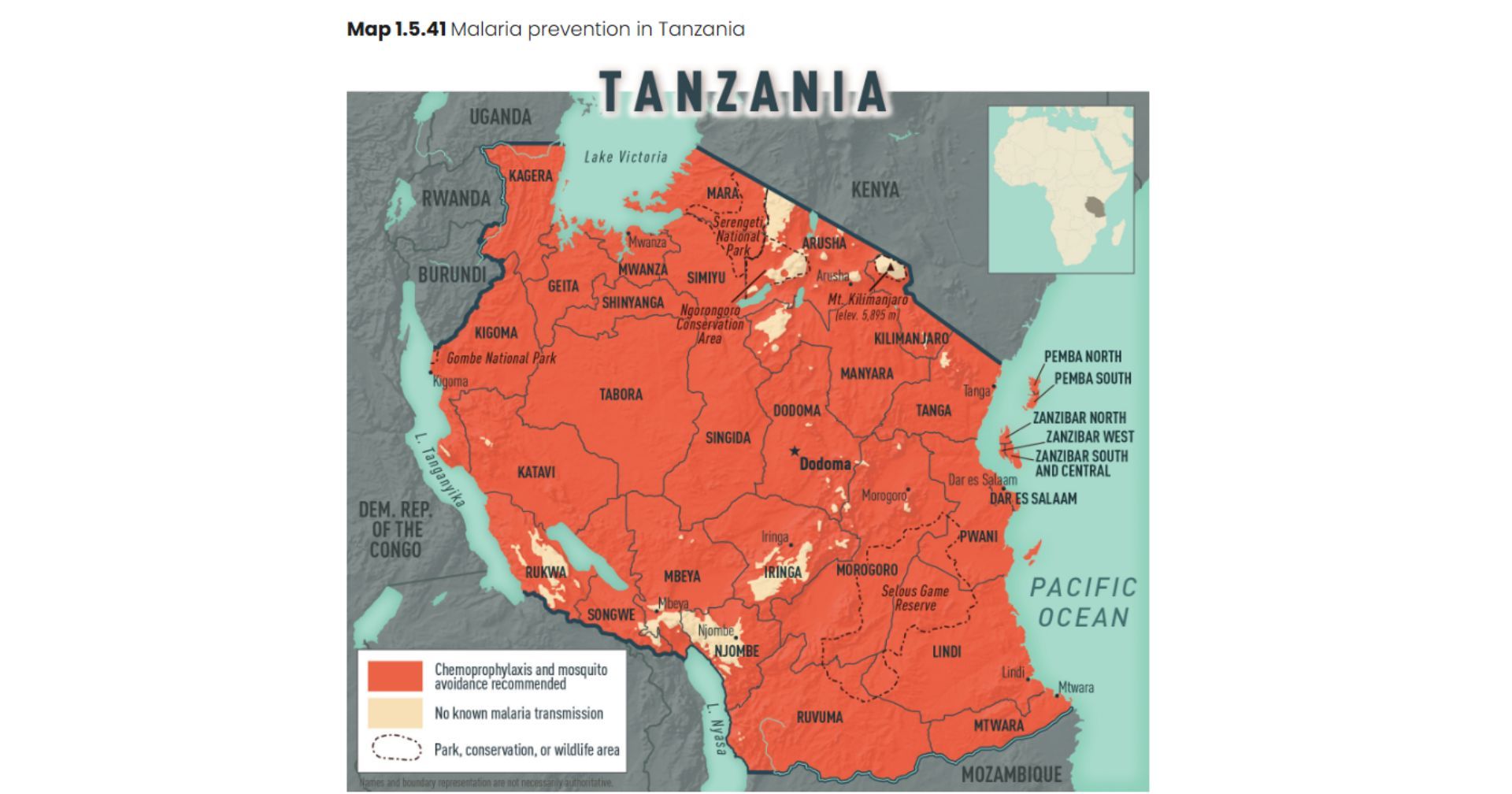 Source:
Source: 